Fasten your seatbelts, folks! The topic of fasting has been on everyone's lips in the health and wellness world for some time now. At first, I was a bit skeptical, but now I see that fasting can be a useful tool in certain circumstances.
So, what is fasting? It's not about what you eat, but rather when you eat. Instead of snacking all day, you abstain from food for a while and then consume meals within a shorter window of time. One of the most popular fasting methods is the 8:16 rule, where you fast for 16 hours and eat for eight. You can eat between 8 a.m. and 4 p.m. or 10 a.m. and 6 p.m.
There are other ways to fast, like alternate-day fasting, where you fast every other day, eating up to 25% of your regular diet on fasting days, or whole-day fasts, where you fast for 24 hours, one or two days a week.
Now, the big question: Does fasting help with weight loss? While some folks swear by it, I don't recommend it for most people. Fasting can lead to unhealthy eating habits, and the long-term results can be hit or miss. Some people tend to overeat during their eating window, which can negate the calorie deficit.
If weight loss is your goal, I suggest focusing on resistance training and a balanced, nutritious diet first. Once those habits are in place, you can experiment with fasting to see if it helps with fat loss.
But wait! There are still good things about fasting! For example:
Intermittent fasting has been linked to better cognitive function, including verbal memory, in adults.
Heart health indicators, such as blood pressure and resting heart rate, may improve with intermittent fasting.
Some studies suggest that athletes perform better following periods of fasting.
Fasting can have positive effects on blood sugar and overall inflammation.
Fasting can promote healthy gut bacteria and nutrient production.
So, before you hop on the fasting train, think about what you want to achieve. While it can have some health benefits, using it as a weight-loss tool may not be the most effective approach in the long run.
